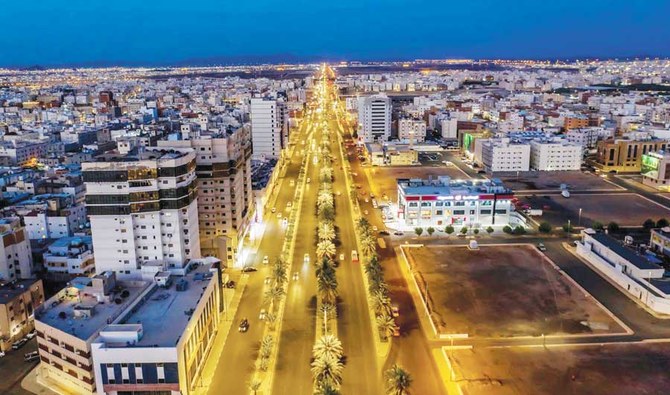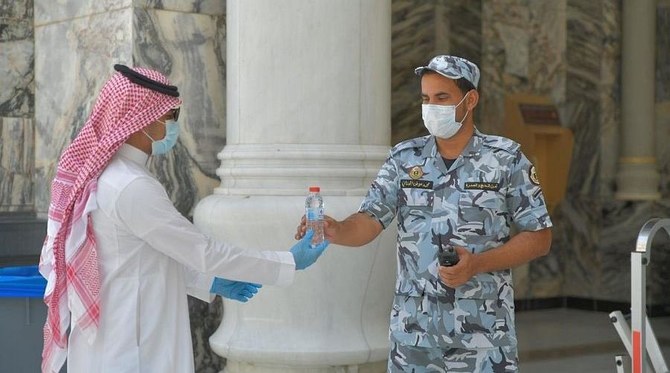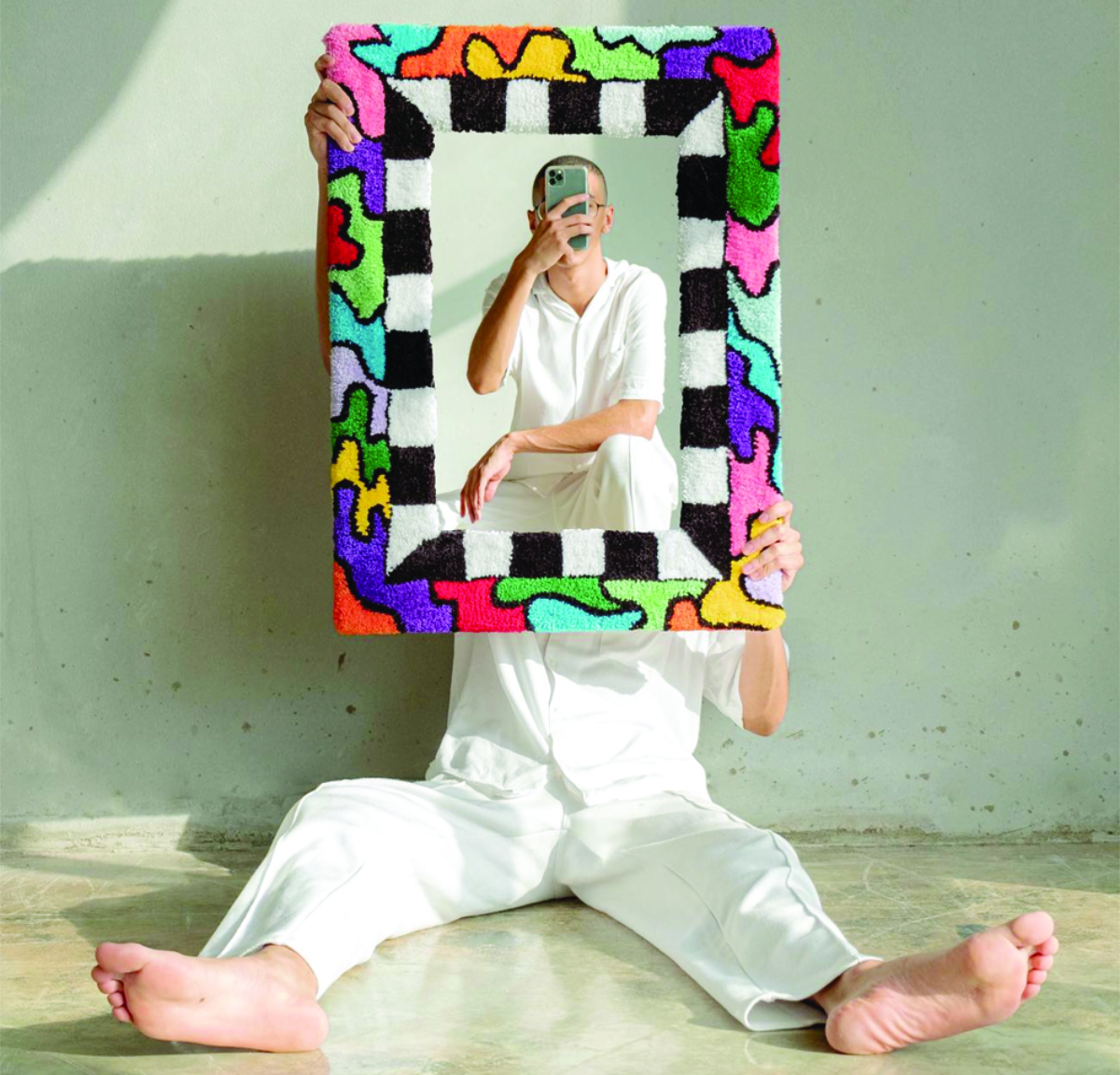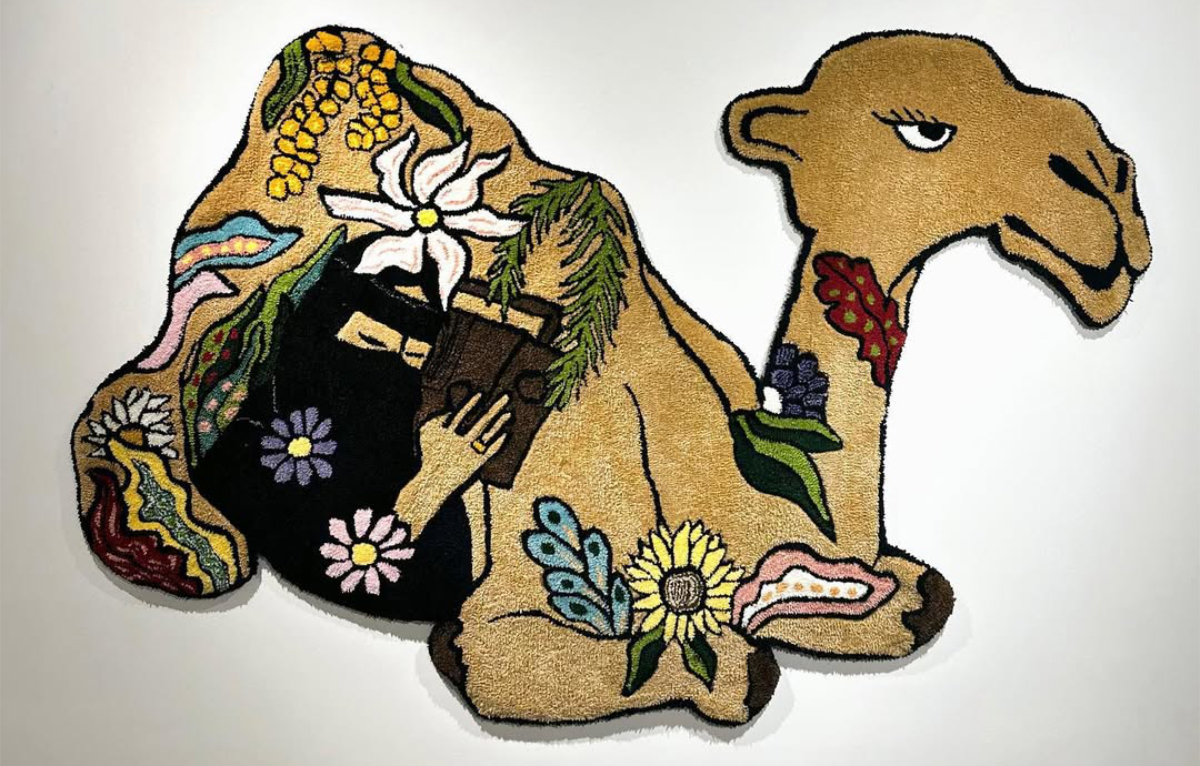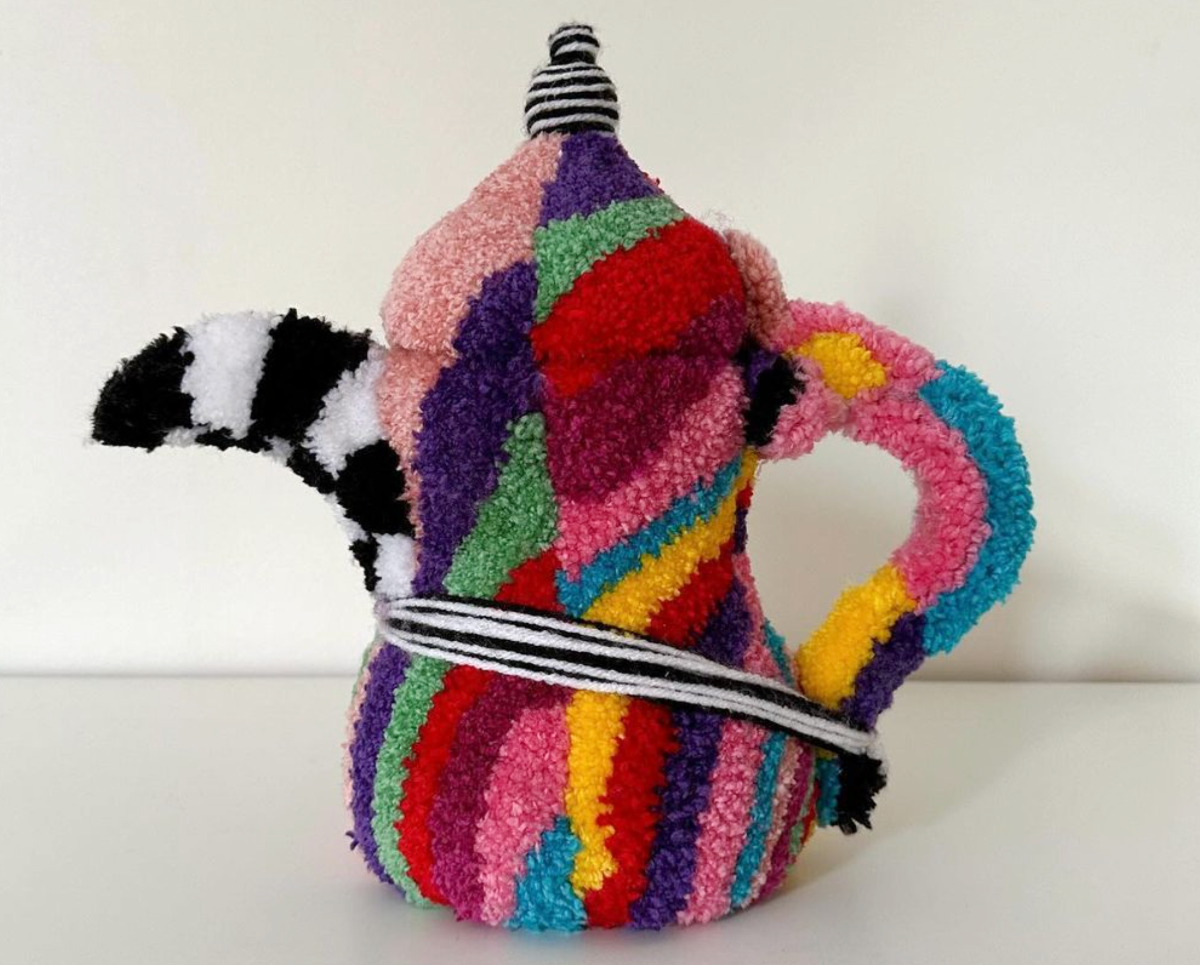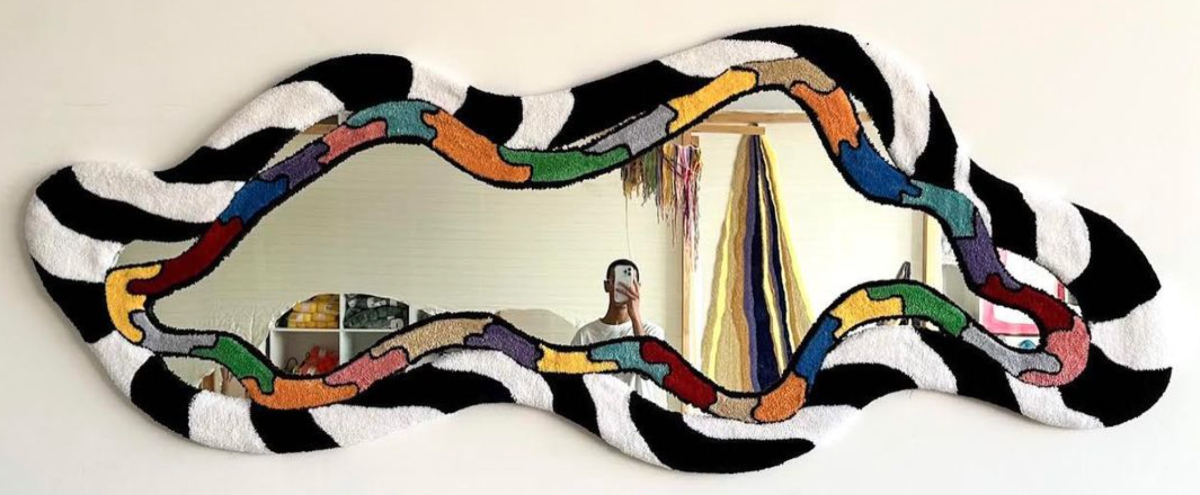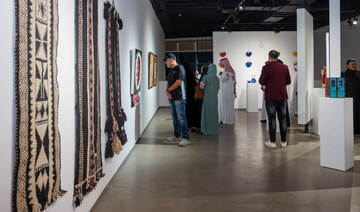JEDDAH: The return to normal life across the Kingdom is set to begin on Sunday, June 21, after 73 days of a nationwide lockdown imposed on April 8.
Following the statement issued on May 26, and based on the reports of the authorities regarding measures taken in light of the coronavirus disease (COVID-19) pandemic, the Saudi Ministry of Interior stated that a royal approval had been issued that stated the nationwide curfew was to be lifted across the Kingdom from Sunday, June 21 at 6 a.m.
All commercial and economic activities are to return in all Saudi cities and regions, though individuals and companies should take into account preventive protocols requiring everyone to commit to social distancing, wear masks to cover the nose and mouth, and which ban gatherings of more than 50 people.
The measures are to be periodically assessed and reviewed by the Saudi Ministry of Health (MOH).
Umrah pilgrimage and visits to holy sites remain suspended. The decision will be reviewed periodically in light of new developments.
International flights remain suspended, as well as all travel activities through sea and land entry-exit points, until further notice, and penalties will be applied against any individuals or facilities that violate rules issued to curb the spread of COVID-19.
Officials stressed the need for all residents and employers to assume their responsibilities and abide by the precautionary and preventive measures, and to commit to all the instructions issued by the relevant authorities in the Kingdom.
Residents are urged to download the Tawakkalna and Tabaud (Distancing) applications on their smart phones, to stay up to date on all health instructions, directions and developments about the spread of the virus.
FASTFACT
154,233 coronavirus cases
98,917 recoveries
Meanwhile, Saudi Arabia recorded 3,941 new cases of COVID-19 on Saturday, meaning 154,233 people in Saudi Arabia have now contracted the disease. There are currently 54,086 active cases, 1,955 of them critical.
The MOH announced 3,153 new recoveries, taking the total number to 98,917 while 46 new deaths have been reported, raising the death toll to 1,230.
The MOH also released a guideline for residents using taxis and ride-hailing services, mandating that payments be electronic and contactless, that passengers should keep any waste items with them and dispose of them later, should avoid touching surfaces, only sit in the backseats of vehicles, and carry hand sanitizers and extra cloth face masks at all times.
The Saudi Ministry of Human Resource and Social Development stated that all government sector work forces should not exceed a capacity of 75 percent throughout the work day at their place of work. Workers should be divided into three shifts starting from 7:30 a.m., 8:30 a.m. and 9:30 a.m. to stagger entry into buildings
The director of the information and communication department at the General Directorate of Prisons, Dr. Bandar Al-Khurami, confirmed that there were no cases of COVID-19 among Saudi prison inmates on Friday.
In a telephone interview on the Saudia TV channel, Dr. Bandar said that the Directorate General of Prisons had implemented a plan consisting of two parts, through raising awarenesswith lectures and by applying preventive measures issued by the MOH in prisons, including testing employees before entry to premises, the sterilization of buildings, and the cancelation family visits for inmates.
He added that the directorate was working to provide virtual communication between inmates and families until further notice.
Al-Khurami pointed out that the implementation of these measures contributed to preserving the safety and health of prison inmates and employees of the General Directorate of Prisons.


